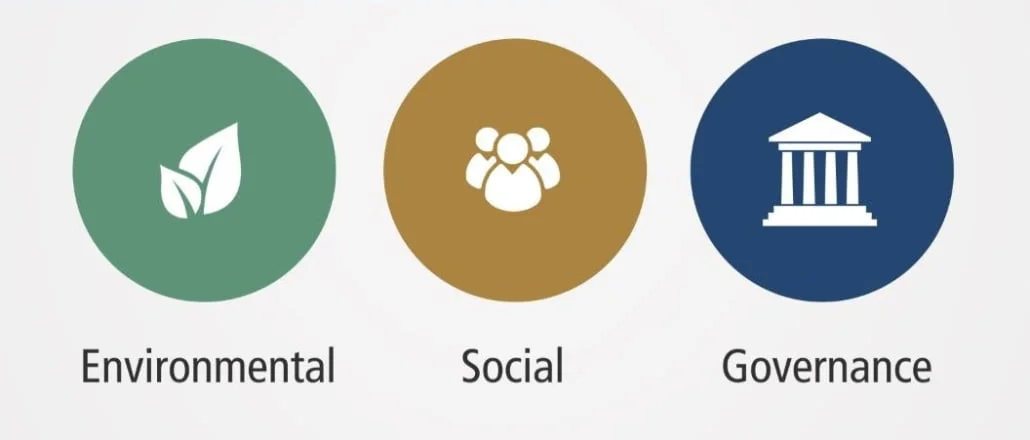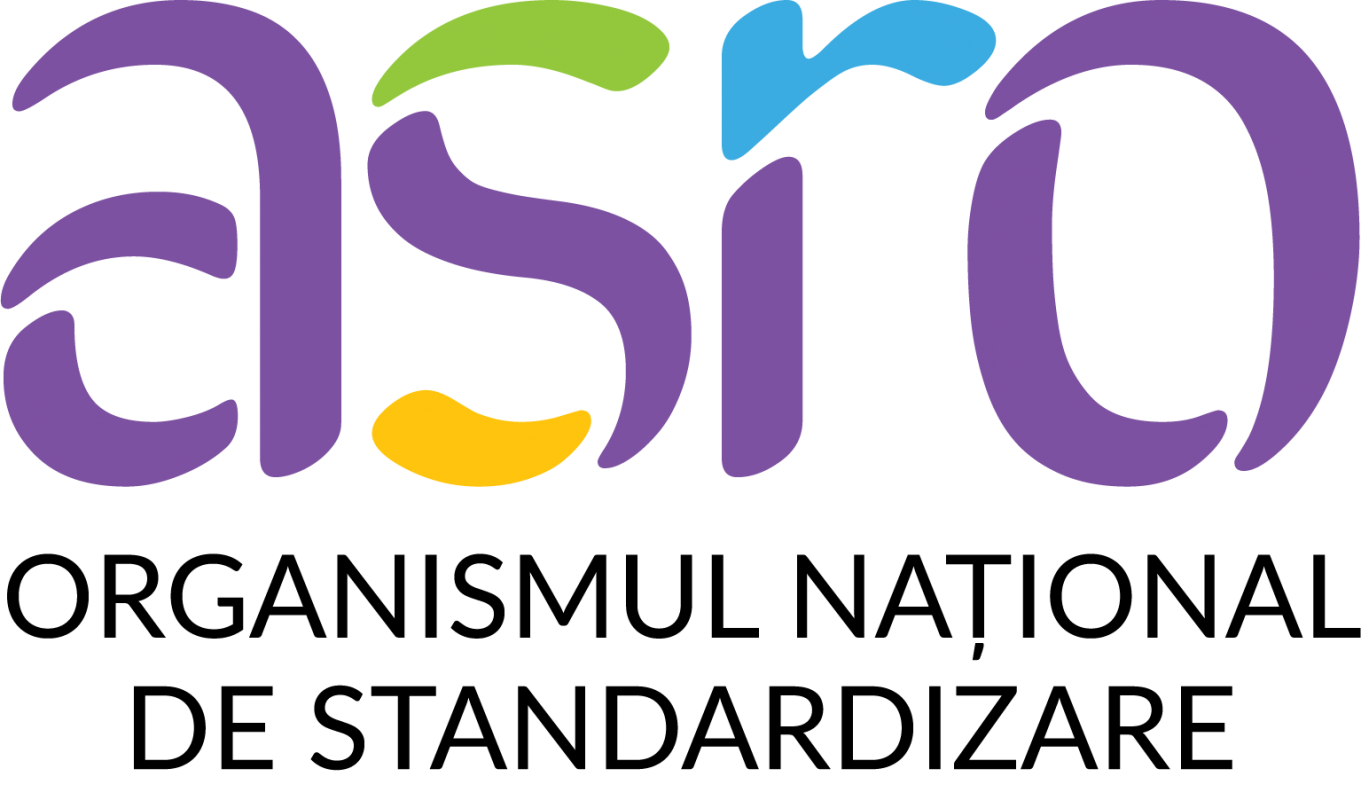
About
The Corporate Sustainability Reporting Directive (CSRD) imposes environmental, social and governance (ESG) reporting obligations on organizations.
In light of this directive, the standards provide a common framework and language, making it easier for organizations to progress towards ESG objectives and improve the robustness of their sustainability reporting.
By using the standards in ESG reporting, organizations are not only aligning with the requirements of the CRSD, but also building on previous efforts by using these standards as reliable data sources for reporting. In this way, together we are contributing to a more sustainable and transparent European market, ready to face the environmental, social and governance challenges of the future.

Advantages of using standards
Adopting and integrating technical standards into the sustainability reporting process offers organizations a number of significant benefits, helping to improve the quality and credibility of the information provided.
Here are the main benefits:
BENEFITS
The Corporate Sustainability Reporting Directive (CSRD) includes specific references to the use of technical standards, recognizing them as an essential tool in sustainability reporting. It facilitates organizations to align with legislative requirements by providing a clear and well-defined framework.
Standards are integrated into the European regulatory framework through the New Legislative Framework, facilitating compliance with various European directives and regulations. The use of sustainability-based standards in reporting leads to increased consistency with European regulations, strengthening confidence in the reporting process.
The standards provide support in all aspects of environmental, social and governance (ESG), from emissions management and energy efficiency, to diversity and inclusion, and good governance. This broad coverage provides a solid basis for reporting, improving the quality and comprehensiveness of the information presented.

MEDIA
Emissions, climate change adaptation, circular economy and biodiversity are some of the key elements in this area. The environmental aspect is the area of sustainability which has traditionally had the longest history and the highest level of regulation through national and European policies.

Emissions
- Organization-wide specifications and guidance for quantification and reporting of greenhouse gas emissions and removals.
SR EN ISO 14064-1 - Net zero guide
ISO IWA 42 - Project-level specifications and guidance for quantification, monitoring and reporting of emission reductions or enhanced removals of greenhouse gases.
SR EN ISO 14064-2 - Carbon footprint of products.
SR EN ISO 14067 - Quantifying and reporting greenhouse gas emissions from transport chain operations.
SR EN ISO 14083 - Transition to zero net emissions.
SR ISO 14068-1 - Determining greenhouse gas (GHG) emissions in energy-intensive industries.
SR EN 19694-1

Biodiversity
- Strategic and operational consideration of biodiversity
ISO 17298 (standard under development) - Design and implementation of projects with net biodiversity gain
ISO 17620 (standard under development) - Natural Capital Accounting
ISO 14054 (standard under development)

Circular economy
- Principles, terminology and implementation
ISO 59004 (standard under development) - Business Models
ISO 59010 (standard under development) - Measurement and assessment of circularity
ISO 59020 (standard under development) - Design of circular products
EN 45560

Adapting to climate change
- Adaptation to climate change
SR EN ISO 14090 - Vulnerability, impacts and risk assessment
SR EN ISO 14091 - Guidance on climate change adaptation planning
ISO/TS 14092

Energy efficiency
- Energy Management Systems
SR EN ISO 50001 - Energy audit
SR EN 16247

Water use
- Water footprint
SR EN ISO 14046 - Water management
SR EN ISO 14002-2 - Wastewater use in irrigation systems
ISO 16075 - Rainwater utilization systems
SR EN 16941

SOCIAL
The following standards help organizations balance business objectives with social interests, increasing the social commitment of their policies and programs. They provide guidance for improving opportunities for and management of disadvantaged groups and communities, both in their value chain and in their own work environment, while helping them to take these needs into account when designing their activities, products and services.
Gender equality, diversity and social inclusion
- Diversity and inclusion management
ISO 30415 - Human Resources Management
SR ISO 30414 - Implementing gender equality
ISO 53800 (standard under development)
Occupational safety and health
- Occupational health and safety management systems
SR EN ISO 45001 - Psychosocial risk management in the workplace
ISO 45003 - Prevention and management of infectious diseases
ISO 45006 (standard under development)
Accessibility
- Accessibility of products, goods and services according to the Design for All approach
SR EN 17161 - Accessibility and usability of the built environment
SR EN 17210 - Accessibility requirements for ICT products and services
SR EN 301 549

GOVERNANCE
Existing standards of (good) governance help organizations to establish practices, policies and structures that enable them to direct and control their operations in an ethical and transparent manner. They make it easier to identify and comply with applicable legal frameworks while helping to prevent irresponsible or fraudulent business practices. It also provides support to increase their resilience by managing risks and business continuity in the face of adverse contexts.
Governance
- Governance of organizations. Guidance
SR ISO 37000 - Indicator development
ISO 37005 (standard under development) - Maturity model
ISO 37004
Compliance
- Compliance management.
SR ISO 37301 - Anti-bribery management
SR ISO 37001 - Fraud control
ISO 37003 (standard under development) - Internal investigations
ISO/TS 37008
Risk management, resilience,
business continuity
- Risk Management
SR ISO 31000 - Risk assessment techniques
SR EN IEC 31010 - Business Continuity
SR EN ISO 22301










